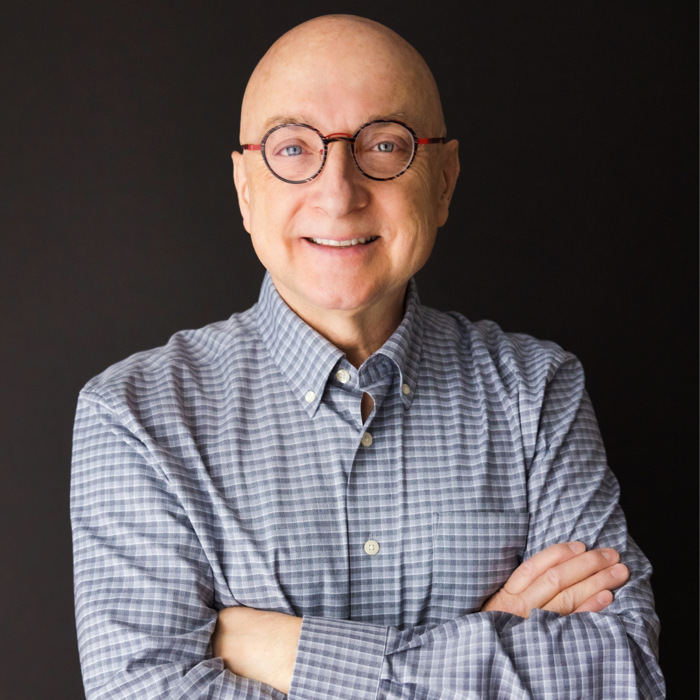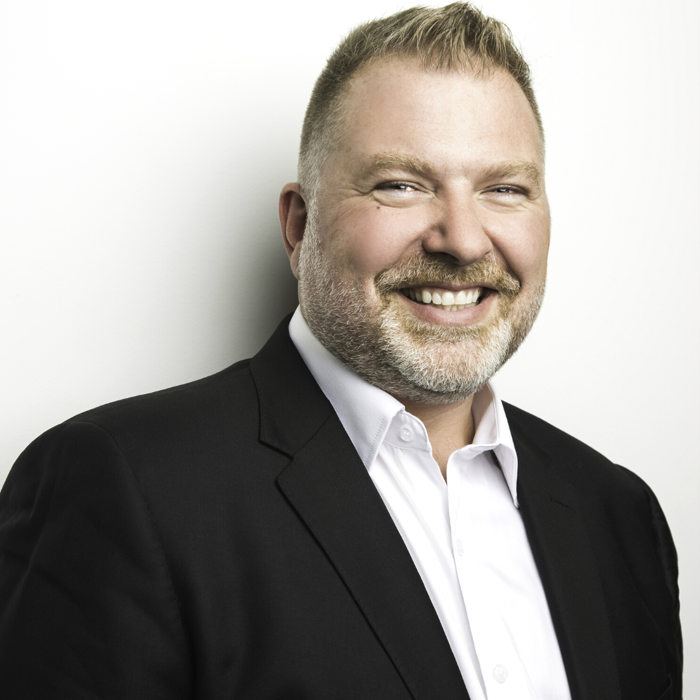Therapeutic Singing: Understanding Effective Vocal Health Practices for Music Therapists
Tuesday 9th April 2024, 1:00 PM - 2:00 PM (London Time)
Music therapy is a well-established health practice throughout the United Kingdom. As the British Association for Music Therapy (www.bamt.org) explains: 'Music therapists draw upon the innate qualities of music to support people of all ages and abilities and at all stages of life; from helping newborn babies develop healthy bonds with their parents, to offering vital, sensitive and compassionate palliative care at the end of life'. Graduate training programmes in music therapy are included in a number of prominent universities in the UK and worldwide.
The voice is considered the therapeutic instrument most used in music therapy practice. How is singing in music therapy unique and different from other types of singing? Music therapists across settings and models of practice use their voice for speaking, singing and specific voice-based interventions. But because music therapy is built on the individual client/therapist relationship, the therapist sometimes shouts, or whispers, or produces sounds outside of a comfortable pitch or dynamic range. They need to be prepared to sing in all styles and genres and be competent in musics of many cultures. They frequently sing while accompanying themselves on guitar, piano or percussion. Therapeutic singing requires the music therapist to engage fully in the musical life of the client, and that can be vocally demanding.
Because singing is so prevalent, effective and healthy voice practices have often been assumed rather than taught. Recent research has shown that music therapists are not always fully prepared to maintain vocal health, given the extensive voice use expected in clinical practice. Studies point to significant negative consequences for music therapists due to challenges in vocal health.
This session will share ways of understanding the voice and therapeutic singing and examine proactive ways in which voice educators can support music therapists to promote vocal health. The presenter will give an overview of 2021 research that analysed the ways music therapists used their singing voices clinically, which included (1) foundational vocal skills, (2) vocal engagement, and (3) authenticity.
Demonstrations of these dimensions will be presented along with implications for the education and training of music therapy students. The presenter will share thoughts on ways in which music therapists and voice educators can collaborate to foster better vocal health specific to the unique practice of therapeutic singing.
Elizabeth K. Schwartz
Elizabeth K. Schwartz MA, LCAT, MT-BC (New York, United States) spent her music therapy clinical career working in early childhood music therapy and school-based music therapy practice. She frequently presents on music development, music-centred practice and the use of the voice in music therapy.
Sorry, this is an archived short course...
We have plenty of upcoming short courses coming soon. See details of some of them below or look at the full list of short courses.


Tuesday 30th July 2024
5:00 PM - 7:00 PM
(London Time)
That’s What He Said: Gender Inequity in Sound Perception Research

Kristen Murdaugh
This course will detail the historical roots of gender inequity and bias in sound perception research, contrast that against present day research methods, and explore cutting-edge research that highlights the many roles that gender may play in sound perception, as well as in singing, and why those roles may impact research outcomes.


Thursday 1st August 2024
5:00 PM - 7:00 PM
(London Time)
Stretching for the singer: Moving beyond routines

Walt Fritz
Exercises and stretches for the singer/performer can easily be found online, many of which seem to conflict with or contradict others. Does this dilemma make one model wrong or another model better? Join me as we unpack these and other issues.


Tuesday 6th August 2024
5:00 PM - 7:00 PM
(London Time)
Habilitation for the Aging Avocational Singer

Dann Mitton
Join us to enhance your skills as a voice teacher and make a meaningful impact on the lives of aging singers. Equip yourself with the expertise to support their vocal journey and ensure they continue to enjoy singing with confidence and joy.
